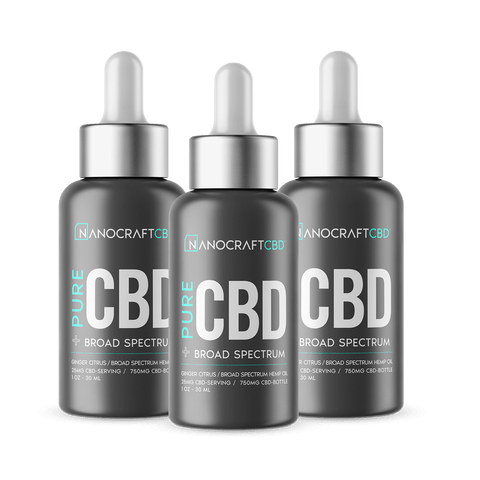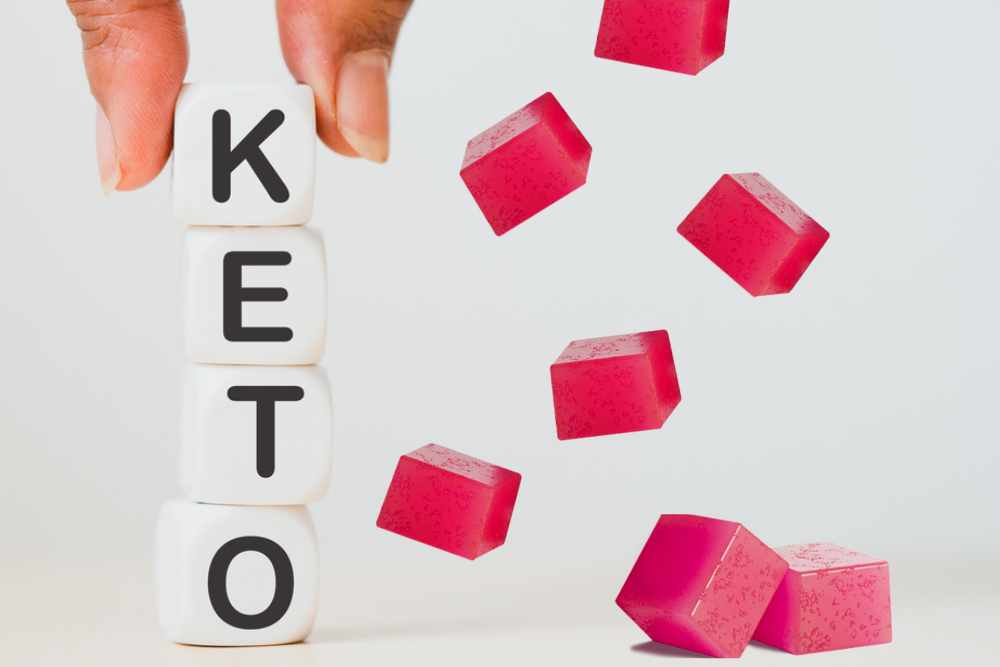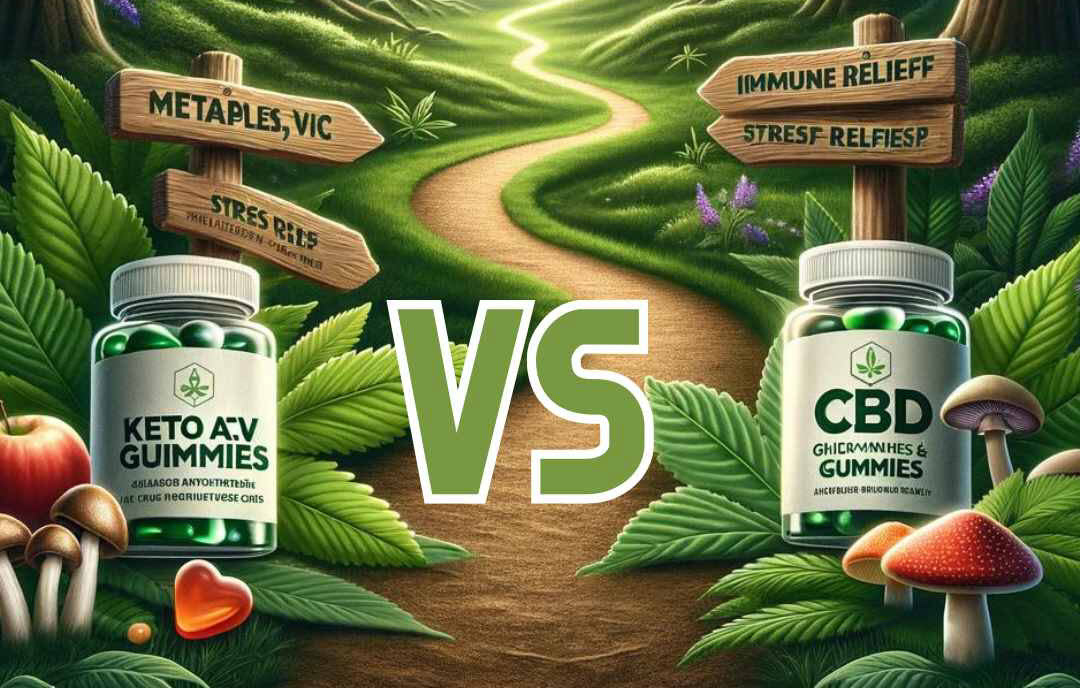CBD OIL FOR AUTISM RESEARCH & DOSE GUIDE
WHAT IS AUTISM?
Autism is a very complex neurobehavioral disorder that may include impairments in communication skills and social language. These impairments may worsen by frequently rigid and repetitive behaviors.
Autism can be encompassed as an autism spectrum disorder (ASD), as it may manifest itself across a wide array of behaviors from minor to mild to severe, requiring various degrees of support and attention.
WHAT ARE THE SYMPTOMS OF AUTISM?
Signs and symptoms of autism may vary from person to person. When looking at the often excessive behaviors of individuals with autism, it’s important to recognize that their noncompliance is a reflection of the neurological nature of their disorder, not necessarily willful disobedience.
Symptoms of Autism may include difficulty with:
- Recognizing emotions of others
- Recognizing one’s own emotions
- Expressing emotions
- Feeling overwhelmed socially
- Taking turns in conversations
- Eye contact
- Gestures
- Facial expressions
- Tone of voice
- Expression not to be taken literally
- Spoken language
- Repetitive body movements
- Repetitive motions
- Narrow or extreme interests in topics
WHAT IS THE USUAL TREATMENT FOR AUTISM?
The usual treatment for autism may involve medicinal and pharmaceutical modalities.
Interestingly enough, a study published in 2008 discussed some of the common antipsychotics prescribed for children with autism as well as their associated side effects.
The study concluded that the medications may be able to help alleviate these aggressive behaviors, but also warns of the potential side effects that needed to be heavily weighed and considered.

HOW CAN CBD HELP AUTISM?
Hemp-derived CBD oil may be a viable and therapeutic option for the treatment of the overwhelming signs and symptoms associated with autism.
WHAT DOES THE RESEARCH SAY ABOUT CBD & AUTISM?
A study published in 2019 in the Journal of Autism and Developmental Disorders investigated the effects of cannabidiol-rich cannabis in children with autism spectrum disorder.
After the cannabinoid treatment, 61% of the children showed improvements in behavior, based on ranking from their caregivers.
Also published in 2019, researchers performed a study analyzing the safety and efficacy of medical cannabis treatment in patients with autism. This study included 188 autistic patients who were being treated with medical cannabis from 2015 to 2017. After only 6 months of cannabis treatment (n=155), with 60% being assessed, 30.1% reported a significant improvement in their condition.
The cannabis treatment appears to be safe and the side effects reported by patients and parents were easy to moderate to cope with.

WHAT ARE THE BENEFITS OF CBD FOR AUTISM?
CBD, nor any other drug, can remove, cure, or heal core symptoms of autism. However, CBD can help in alleviating disorders often associated with autism, such as anxiety, sleeplessness, and stress.
For instance, cannabidiol (CBD) may be able to help with sleep cycles and may even assist in lowering anxiety. It may also help with seizure frequency and reduce anxiety, making it easier to learn and develop social communication skills.
WHAT ARE THE RISKS & SIDE EFFECTS OF CBD FOR AUTISM?
Studies have continued to suggest that it may be safe to administer CBD oil to children with autism. However, there are some potential adverse effects to keep in mind, such as:
- Vomiting
- Nausea
- Lightheadedness
- Diarrhea
- Dry mouth
- Anxiety
- Drowsiness
- Psychosis
For most individuals, the potential health benefits outweigh the potential side effects. As with any and all medication, seek advice from your primary physician prior to beginning any CBD regime.

CAN CBD HELP WITH AGGRESSION CAUSED BY AUTISM?
Individuals living with autism may exhibit aggressive behaviors or irritability.
From what we know so far, there is anecdotal evidence supporting that CBD has been able to enhance their child’s calming techniques, while other parents have reported decreased episodes of violence.
WHAT DOSAGE OF CBD HELPS WITH AUTISM?
It's best to start with a lower dosage of CBD and work your way up until you find a comfortable balance of effectiveness with minimal to no associated symptoms. As always, consult a doctor before adding CBD to your routine, especially if you take any other medications or supplements.
You might also need a higher dosage of CBD if you have strong symptoms you are aiming to lessen or treat, a high metabolism, or greater weight. More on this below.
CAN YOU OVERDOSE ON CBD?
Since CBD may induce many therapeutic effects and is derived from cannabis, it’s understandable to have concerns about its overdose risk.
The good news is that the evidence shows there is minimal to no risk of overdosing from CBD. CBD receptors are not found in the brainstem areas that control respiration, meaning that even excessive amounts of CBD do not seem to be able to suppress respiration and result in a CBD overdose, according to the National Cancer Institute.

Clinical human trials and animal studies involving CBD treatment have shown that CBD can be safely and effectively taken at very high levels. Doses of up to 1,500 mg of CBD per day were shown to be well-tolerated.
However, just because you can’t overdose on CBD doesn’t mean that you can’t take too much CBD. Different people require different amounts of CBD to get the proper therapeutic effects with minimal side effects. Factors that can impact the amount of CBD that is right for you include:
- Metabolism: A slow metabolism can result in strong CBD effects, while a fast metabolism can make CBD less effective and may require a stronger dose
- Genetics: Your genetics may affect how you experience CBD
- Weight: Larger body weights often require higher doses of CBD than lower body weights to feel the same effects
- The intensity of your symptoms: Stronger symptoms may require a higher dosage of CBD to be fully effective
WHAT OTHER CBD PRODUCTS ARE AVAILABLE?
Here, at Nanocraft CBD, we pride ourselves on not only the quality of our hemp but also the consistency and potency of our CBD Products.
CBD salves, lotions, tinctures, and balms can be purchased from specialty stores, storefronts, vape stores, and small pharmacies. Food and beverage retailers may offer CBD products for purchase but are not yet legal.

Nanocraft offers a wide range of products including CBD Balms, CBD Drops, CBD Waters, and CBD Softgels.
Each and every one of our products contains only the highest quality hemp-derived cannabidiol, organically grown and farmed, with state-of-the-art farming techniques and standards.
If you’re wanting a quick absorption, our CBD Drops are a great option. Sublingual application allows for the CBD to be absorbed quickly into the bloodstream via your tastebuds.

Our CBD Salves and Creams are an athlete favorite when it comes to helping sore muscles and assisting in pain relief.
Our CBD Powder and CBD Water with B-12 are a great option if you’re wanting to drink down CBD packed with superfoods, electrolytes, and unique terpenes while you’re working out or need a post-workout shake.
CBD Oil Drops are a stellar option for users and athletes wanting to reap the benefits of CBD quickly. The major benefit of CBD oil is its easy-to-apply sublingual administration. The CBD oil absorbs directly into the bloodstream, through receptor cells.

* DISCLAIMER: The information in this article is for educational purposes only. It does not exploit or provide medical advice of any kind. Therefore, any reliance you place on the information below is strictly at your own risk. Please check with your medical provider before starting or changing a CBD routine.

Sources
Aran, A., Cassuto, H., Lubotzky, A., Wattad, N., & Hazan, E. (2019). Brief report: Cannabdiol-rich cannabis in children with autism spectrum disorder and severe behavioral problems - A retrospective feasability study. J Autism Dev Disord, 49(3), 1284-1288.
Bergamaschi, M. M., Queiroz, R. H. C., Zuardi, A. W., & Crippa, J. A. S. (2011). Safety and side effects of Cannabidiol, a cannabis sativa constituent. Current Drug Safety, 6(4), 237-249. https://doi.org/10.2174/157488611798280924
Cannabis and cannabinoids (pdq®)–health professional version. (2020, July 22). National Cancer Institute. https://www.cancer.gov/about-cancer/treatment/cam/hp/cannabis-pdq#section/all
Posey, D. J., Stigler, K. A., Erickson, C. A., & McDougle, C. J. (2008). Antipsychotics in the treatment of autism. J Clin Invest, 118(1), 6-14.
Schleider, L. B. L., Mechoulam, R., Saban, N., Meiri, G., & Novack, V. (2019). Real life experience of medical cannabis treatment in autism: Analysis of safety and efficacy. Sci Rep, 9, 200.
- #cannabidiol
- #cbd
- #cbdforathletes
- #cbdoil
- #cbdproducts
- #hemp
Tagged under













No comments yet!
Be the first to comment